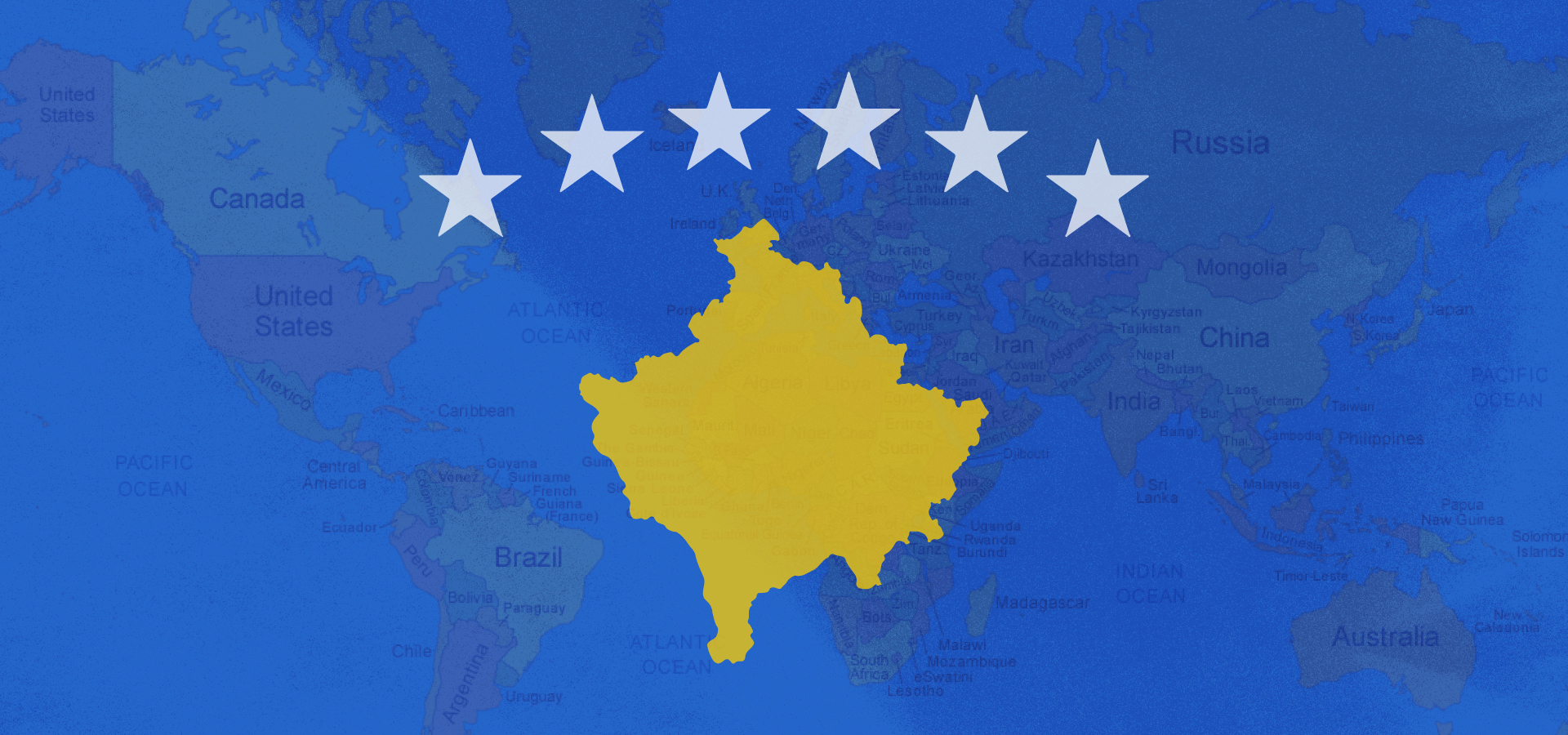
Kosovo’s place in the world
A look at Kosovo’s foreign policy outside the dialogue.
While Kosovo’s EU membership remains a distant goal, concrete steps can be made in the coming years to ensure its timely accession.
Kosovo’s expanding economic and political ties with Greece are a strong blueprint for increasing engagement with non-recognizers.
Elsewhere, politicians from Tunisia and South Sudan have either met with Kosovo government officials or stated their intention to discuss full recognition of Kosovo’s statehood.
Although PfP was first formed to enhance military cooperation between former Soviet states and NATO members after the Cold War, it is now often seen as an integral, if informal, first stage in acceding to NATO.

Cameron MacBride
Cameron MacBride is a project development officer with the European Centre for Minority Issues Kosovo (ECMI Kosovo). His primary focus is on contemporary politics in the Western Balkans and the ongoing EU integration of the region. He holds a master’s degree in Central and Eastern European, Russian and Eurasian Studies (CEERES) from the University of Glasgow.
DISCLAIMERThe views of the writer do not necessarily reflect the views of Kosovo 2.0.
This story was originally written in English.